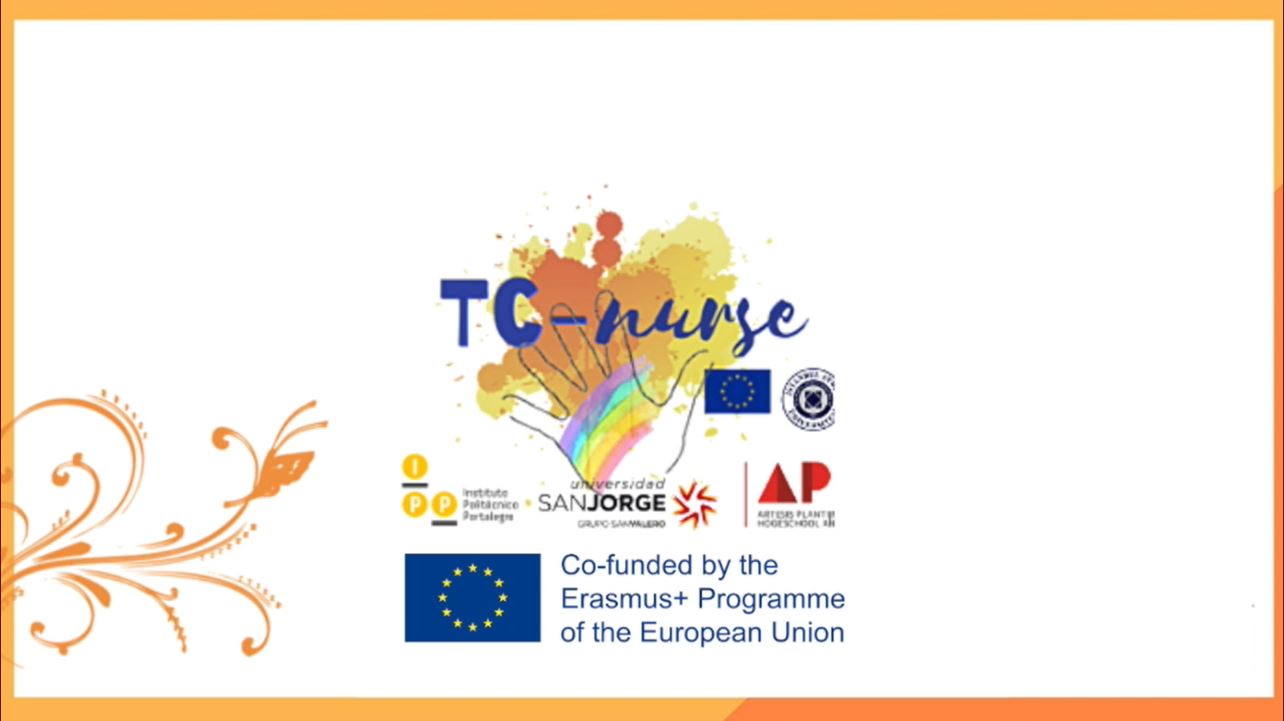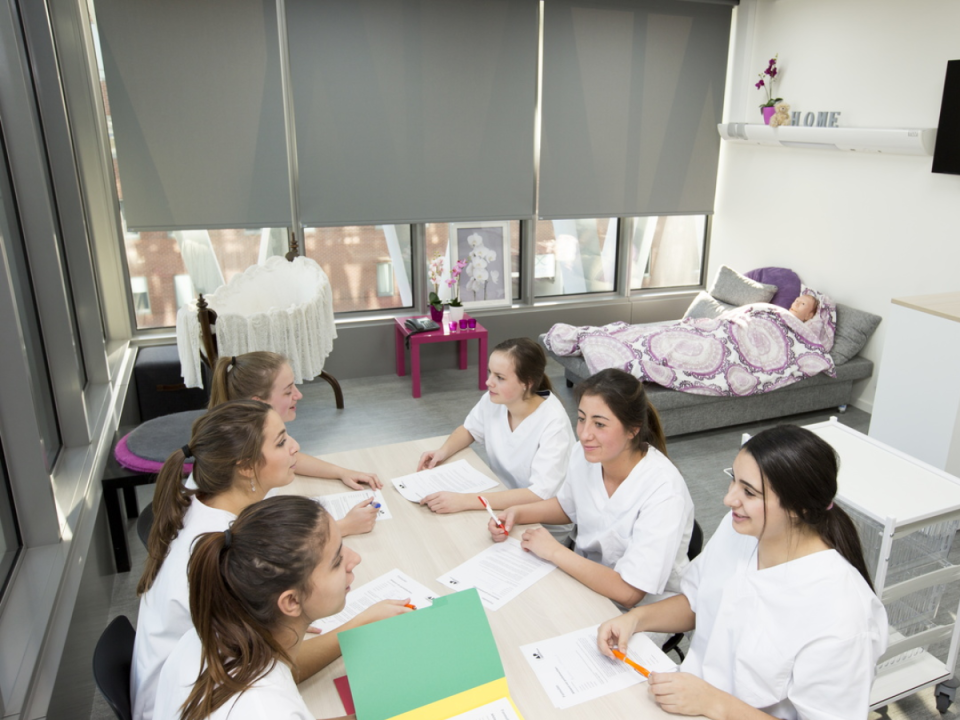 Background
Background
According to the European Commission, “social inclusion is at the core of the European Social Model and European values enshrined in the Lisbon Treaty”. However, in the past few years, social exclusion and inequality have emerged as a major concern in European society. European Higher education institutions (HEIs) have a responsibility to address these issues through the promotion of social, civil and transcultural competences, democratic values and fundamental rights, social inclusion, non-discriminating active citizenship and critical thinking.
Objectives
This project addresses cultural, linguistic and religious diversity, and promotes ownership of shared values, equality, non-discrimination and social inclusion through education and training at higher education level. In particular, TC-Nurse aims to:
- Foster the development of social, civic and transcultural competences, and critical thinking, not only amongst participant nursing students and both teaching and clinical staff, but also amongst key stakeholders and decision/policy makers at local and regional level in all the participating countries.
- Tackle discrimination, segregation, racism, bullying and violence in healthcare through the undertaking of preliminary research on this area, and subsequent creation of a multinational blended-learning module in transcultural nursing.
In line with the above, actions, methodology and outputs have been designed to:
- Allow the project team to draw a clear and realistic picture of transculturalism and cultural diversity at academic, healthcare and social levels.
- Test the implementation of CLIL as a teaching methodology in higher education, in a multinational, multicultural, multilingual environment.
- Pilot the delivery of newly developed content and teaching & learning materials on transcultural nursing.
Participants, activities and methodology
In order to achieve these goals, three intensive training programmes for higher education learners from the partner HEIs will take place during the funding period. A total number of 120 undergraduate student nurses will attend these events. In addition, a total of 30 academic staff members from the HEI consortium will have the opportunity to take part in three short-term joint staff training events in CLIL methodology for teachers in higher education. These lecturers will be involved in the design and delivery of content and teaching & learning materials during the intensive training programmes.
Each intensive training programme will be preceded by a multinational research project in transcultural nursing at three levels, namely higher education, healthcare and society involving target groups and stakeholders. A research team comprising at least one academic member of staff from each partner HEI will undertake qualitative research in the following three areas:
- Year 1: Evaluation of nursing students’ knowledge, understanding and skills relating to caring for, and working with, people from diverse cultural and religious backgrounds.
- Year 2: Qualified nurses’ values, beliefs and attitudes towards both colleagues and patients who belong to a different culture, and impact on culturally competent nursing practice.
- Year 3: Barriers and facilitators to accessing and using healthcare services, and perceived healthcare needs of people from diverse cultural backgrounds.
Expected results and impact
The aforementioned activities will allow the TC-Nurse project team to develop and produce the following intellectual outputs:
- A multinational evaluation of transcultural nursing at educational, healthcare and social level.
- A set of guidelines and teaching materials on teaching & learning in transcultural nursing in higher education.
- A manual for the implementation of CLIL in higher education.
- A learning platform.
- A joint blended-learning undergraduate module on transcultural nursing.
We will carry out evaluations of student learning and impact, not only on our participants but also on other target groups and audiences. Impact will be recorded and measured at local, regional, national and European level based on the following criteria:
- Impact on knowledge through before and after evaluations of participants' learning during the training activities.
- Impact on emotional and behavioural change.
- Impact on opportunity in terms of increased opportunities for student nurses to learn through a second language, and in terms of increased opportunities for training in transcultural nursing not only at HEI level but also at healthcare and professional associations level.
- Impact on access to the project’s results and outputs.
- Impact on social media and the wider public.
- Impact on quality and quantity of contacts with key stakeholders.
A thorough dissemination strategy and sustainability plan will be designed and adhered to in order to ensure that the project's results will remain available and will be used by others.






